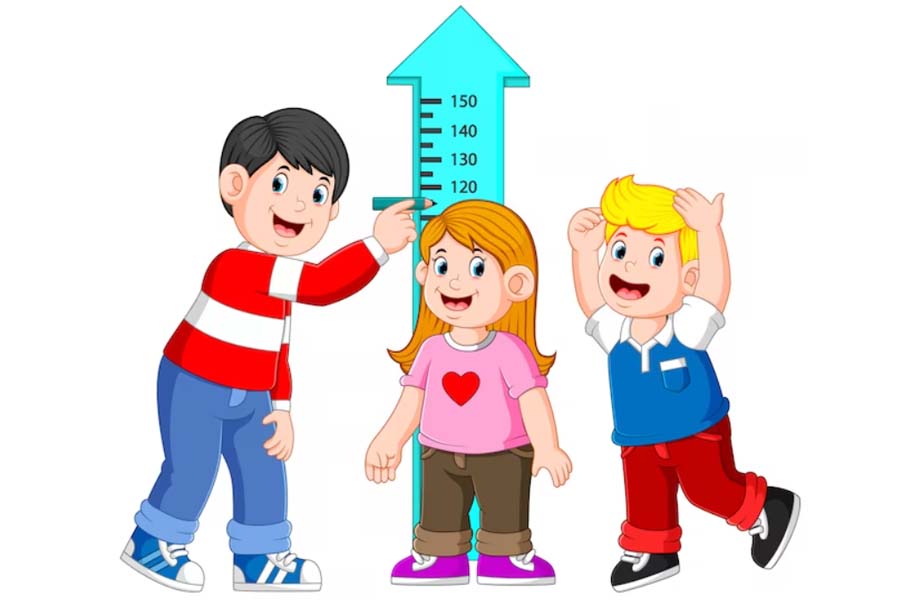
Growth failure, also known as growth retardation or failure to thrive, refers to a condition where a child's height or growth rate is significantly below the average for their age and sex. Height concern specifically focuses on deviations from the expected growth trajectory in terms of linear height.
Diagnosis of growth failure typically involves a thorough medical history, physical examination, growth charts analysis, and laboratory tests to identify underlying causes. Treatment depends on the specific cause but may involve addressing nutritional deficiencies, treating underlying medical conditions, hormone replacement therapy (if hormone deficiencies are present), and addressing psychosocial factors if applicable.
Early detection and intervention are crucial for optimizing outcomes in children with growth failure. endocrinologist Dr. Naincy Purwar is specialist in pediatric growth and development and highly experienced the evaluation and management of growth concerns. Treatment for growth failure, particularly concerning height, depends on identifying and addressing the underlying cause.
It's important for parents to work closely with their child's healthcare team to coordinate care, obtain appropriate evaluations and referrals, and develop a comprehensive treatment plan tailored to the child's needs. Early intervention and multidisciplinary collaboration are key to optimizing outcomes for children with growth concerns.
Call now : Dr. NAINCY PURWAR
+91-7297080208

